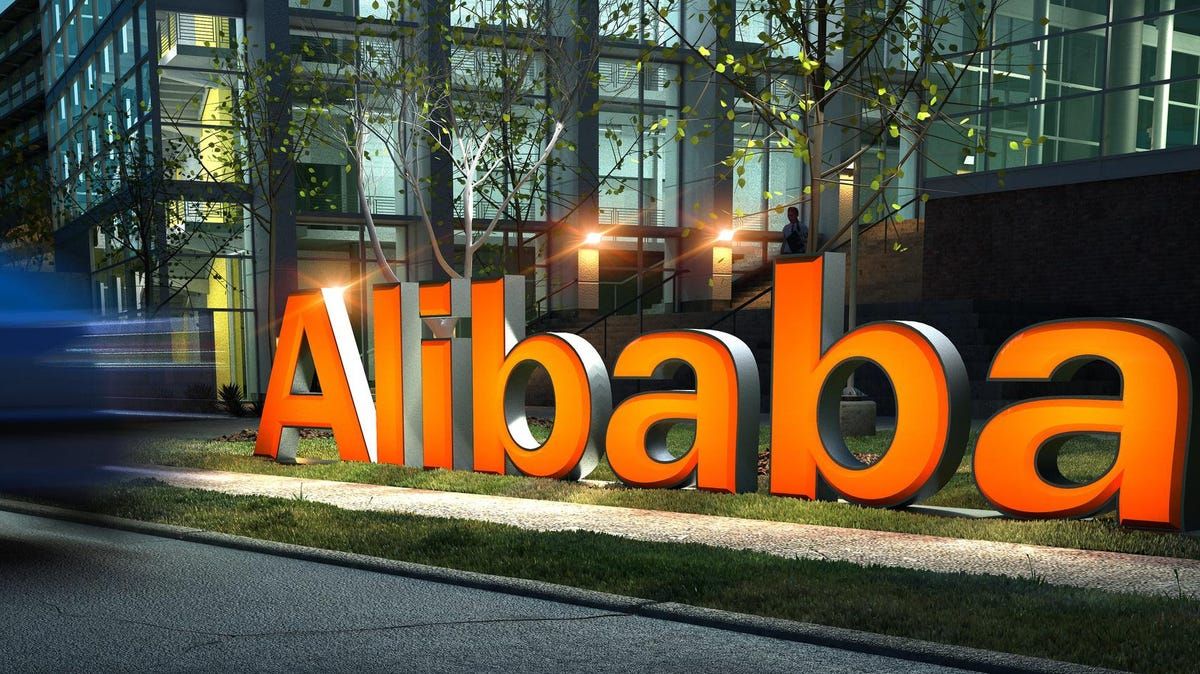
Alibaba Unveils AI Chip, a Direct Challenge to Nvidia in China
Aug 30, 2025 |
👀 95 views |
💬 0 comments
In a move that intensifies the global AI arms race, Chinese technology titan Alibaba has developed a new, advanced AI chip designed to reduce its reliance on U.S. technology and fill the critical void left by Nvidia in the Chinese market, according to an exclusive report from the Wall Street Journal.
The new processor, which sources say is already in testing, marks a significant milestone in China's urgent push for semiconductor self-sufficiency. The chip is reportedly a versatile accelerator aimed at a broad range of AI "inference" tasks—the process of running a trained AI model to generate answers or content.
This development is a direct response to a tumultuous year of U.S. export controls that have severely restricted Nvidia's ability to sell its most powerful AI chips to Chinese companies. These sanctions have created a massive supply gap and an existential threat to Chinese tech giants, who are now pouring billions into creating homegrown alternatives.
According to the Wall Street Journal's report, Alibaba's new chip represents a strategic leap forward for several key reasons:
Domestic Manufacturing: Crucially, the chip is being manufactured by a Chinese company. This is a vital shift from Alibaba's previous AI processors, which were fabricated by the Taiwan Semiconductor Manufacturing Co. (TSMC), a company now largely barred by U.S. regulations from supplying advanced chips to Chinese firms.
Designed for Versatility: While previous homegrown chips were often highly specialized, Alibaba's new processor is engineered to be a more general-purpose tool, capable of handling the diverse workloads required by modern AI applications.
Filling the Nvidia Void: The primary target is to create a viable domestic alternative to Nvidia's H20 chip, the most powerful processor the U.S. company is currently permitted to sell in China.
The move by Alibaba, China's largest cloud-computing provider, is a clear signal that the country's tech leaders are no longer willing to have their AI ambitions dictated by Washington's trade policies. While industry insiders caution that Chinese-made chips still lag behind Nvidia's cutting-edge technology in terms of raw performance, the gap is closing, particularly for inference-based tasks.
The announcement is the latest in a series of moves by Chinese tech companies to build a parallel AI ecosystem independent of U.S. technology. Huawei, a company long in the crosshairs of U.S. sanctions, has also been aggressively developing its Ascend line of AI chips, and other players like MetaX and Cambricon are ramping up production of their own domestic designs.
For Nvidia, this trend represents a long-term strategic threat to what was once one of its most lucrative markets. As Chinese tech giants like Alibaba not only develop their own hardware but also optimize their own software and AI models (like Alibaba's Qwen) to run on it, they are steadily building a self-reliant AI stack.
This exclusive report confirms that the U.S.-China tech rivalry has moved beyond a war of words and into a full-scale race to build the fundamental hardware that will power the future of artificial intelligence.
🧠 Related Posts
💬 Leave a Comment
